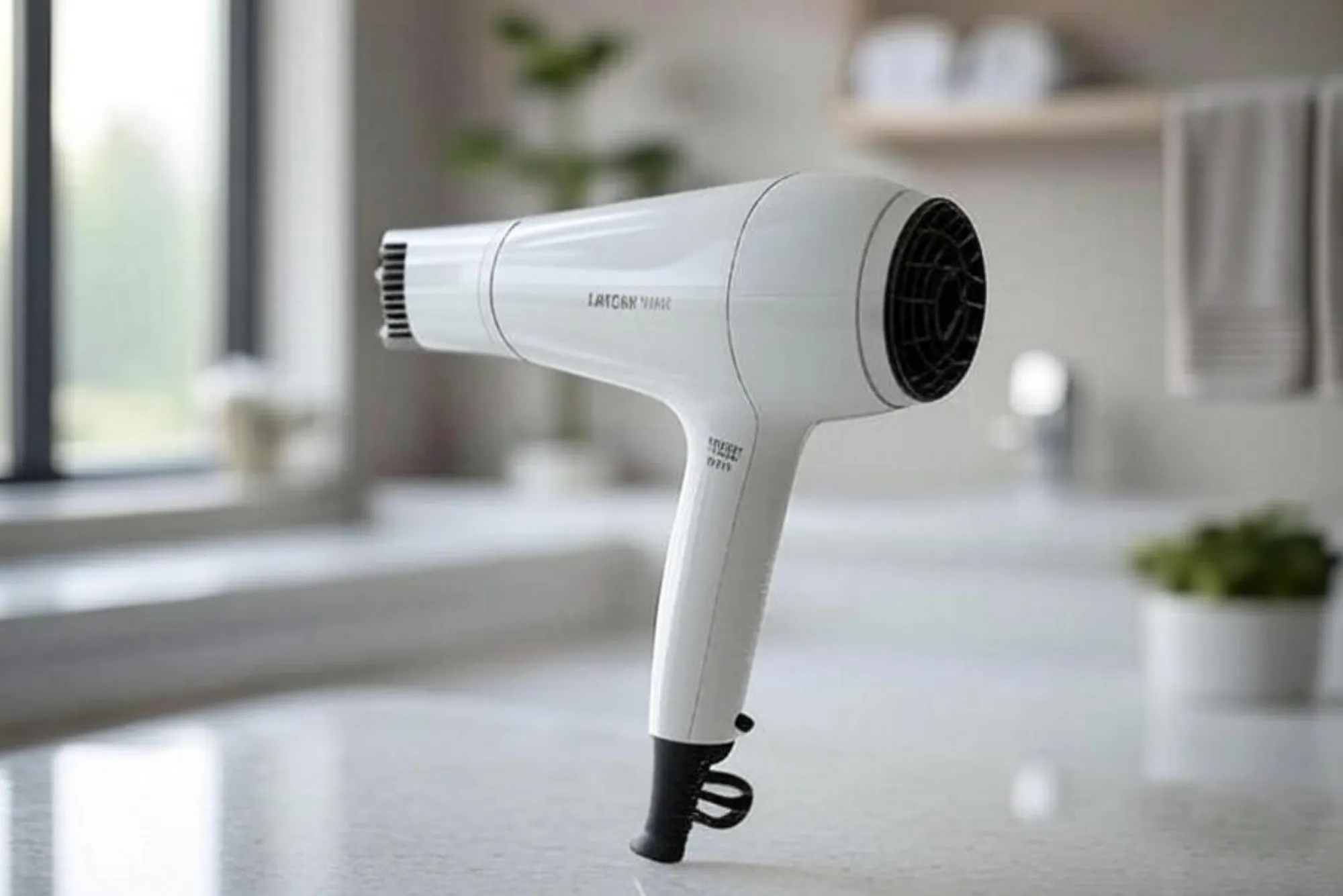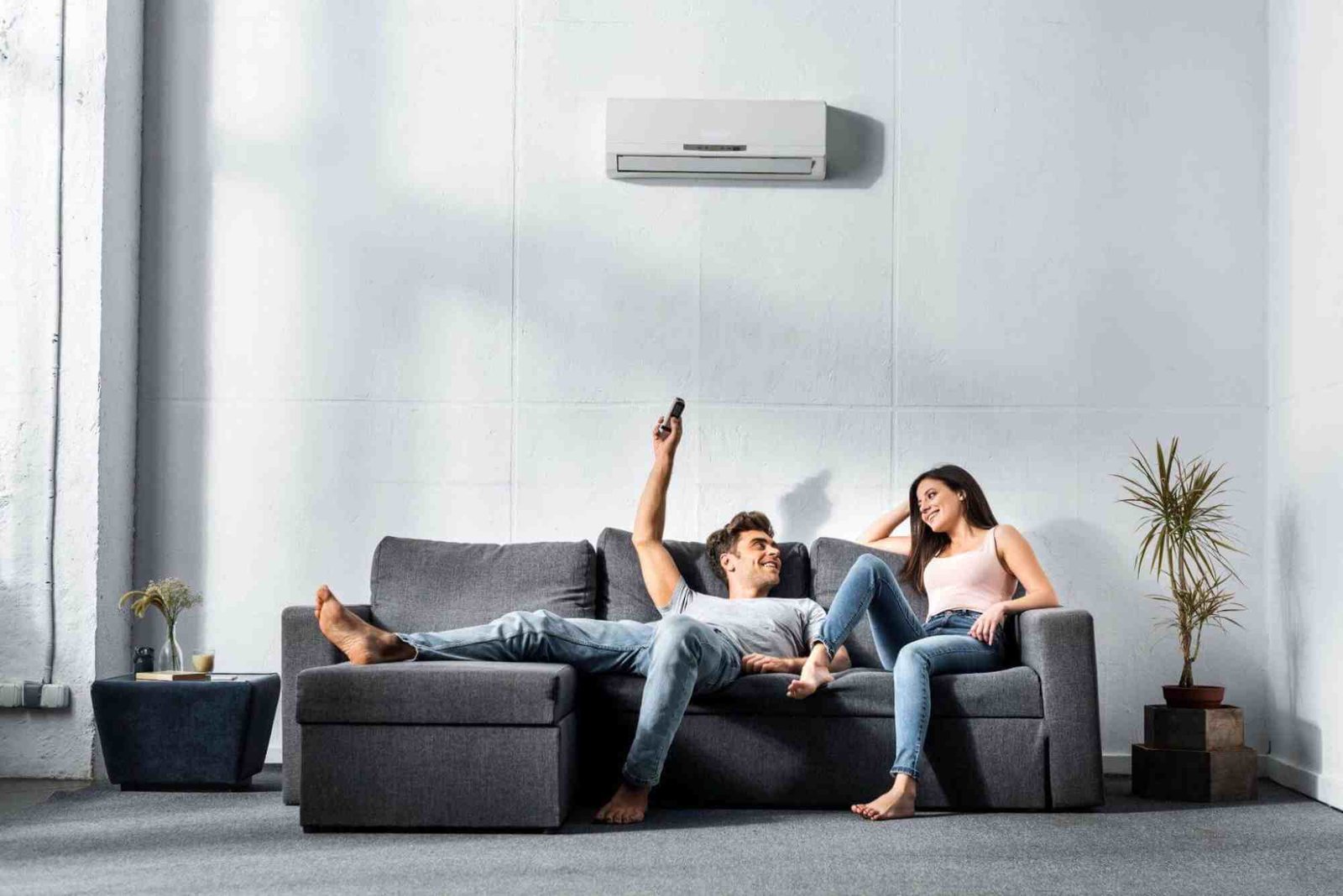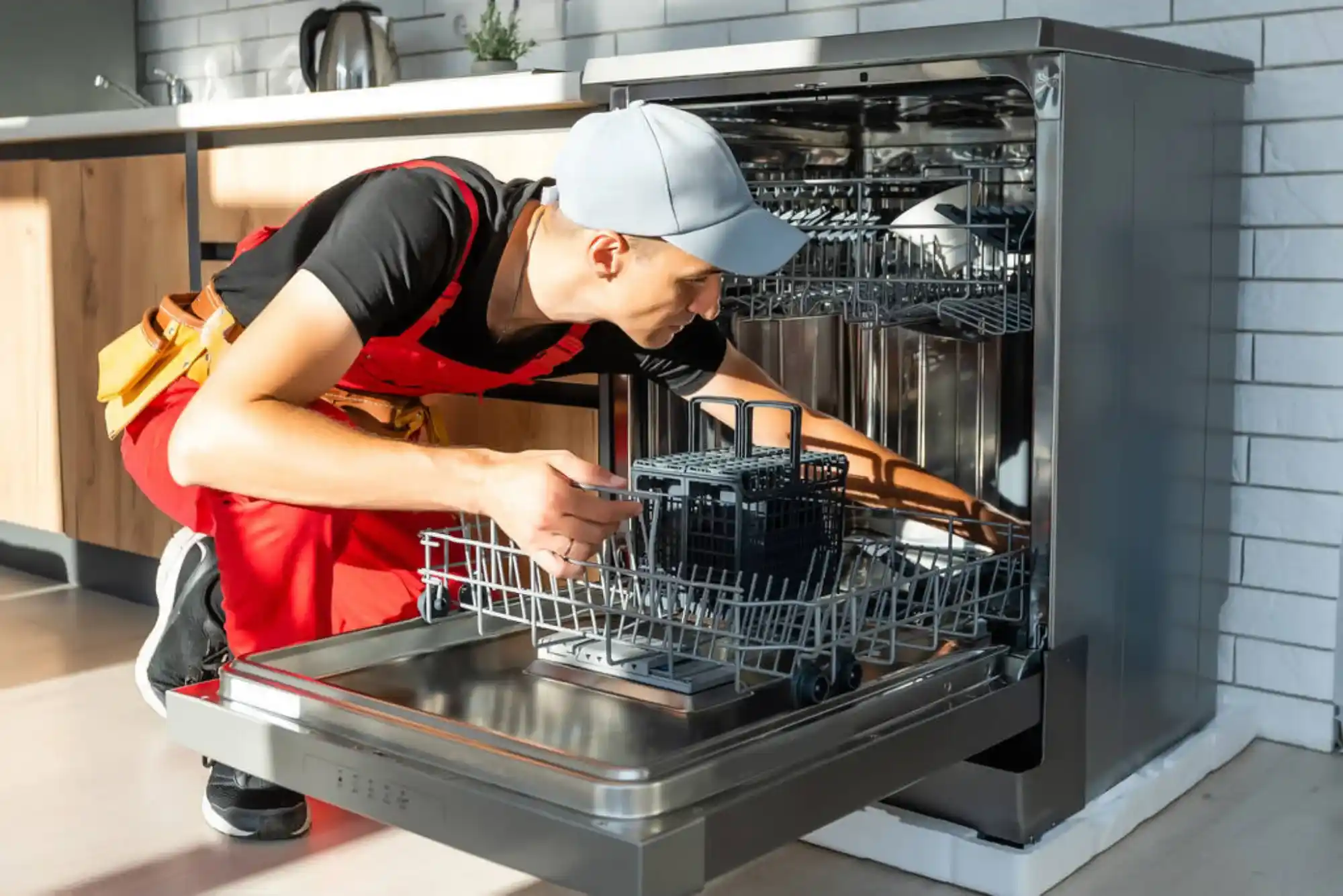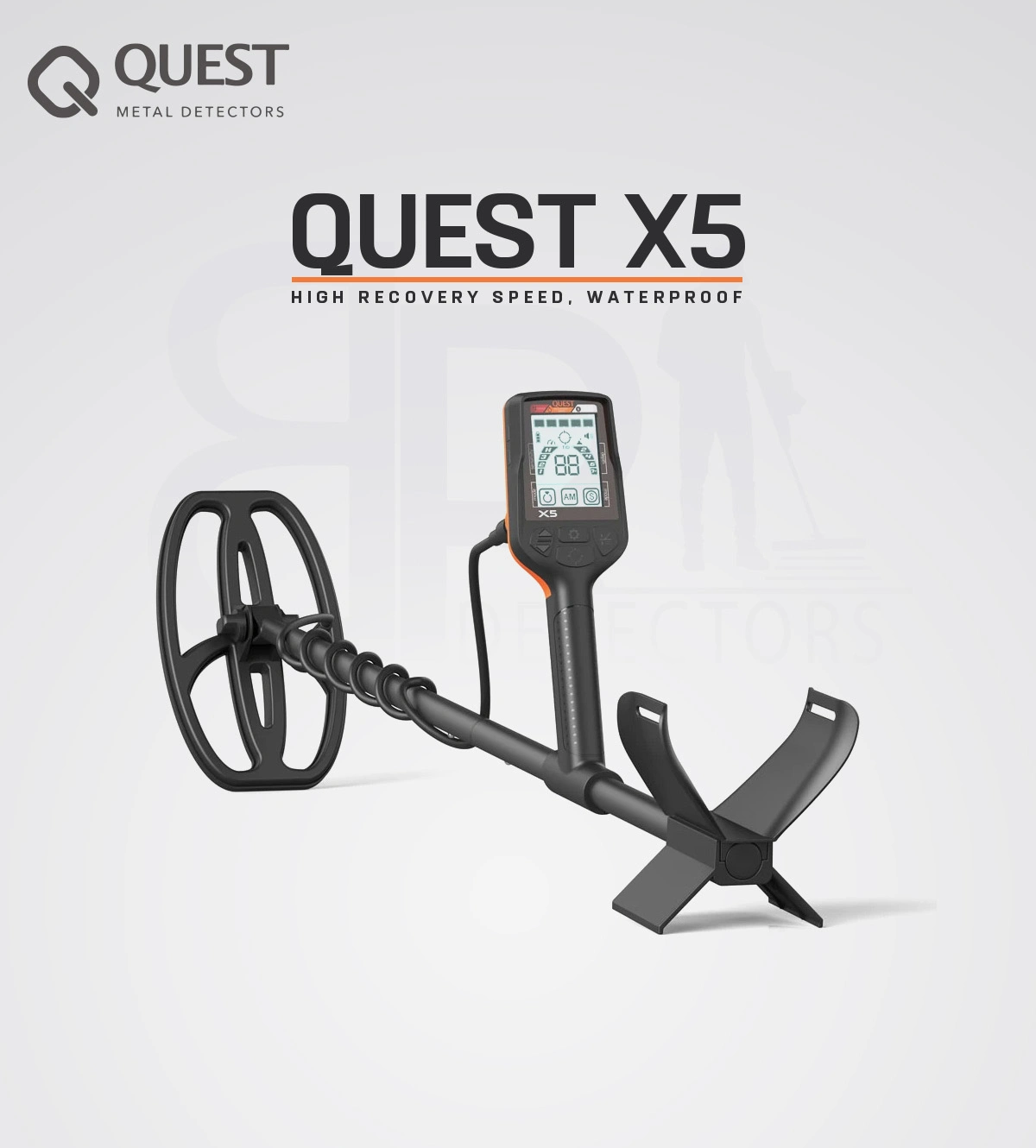When furnishing a café or restaurant, chairs are one of the most crucial investments you’ll make. They not only contribute to the style and branding of your space but also directly impact customer comfort and how long people are willing to stay. Because wholesale purchases often involve dozens or even hundreds of units, making the right choice upfront is critical. Nobody wants to end up with uncomfortable or poorly built seating that needs replacing within a year.
The question is: how do you check the quality before committing to a bulk order of café chairs? In this guide, I’ll share practical strategies based on my own industry experience and insights gathered from working with both restaurateurs and furniture suppliers.
Why Quality Matters in Wholesale Seating
A single chair in your home might see a few hours of use per day, but in a busy café or restaurant, that chair could be used by dozens of people in a single shift. Multiply that by months and years of service, and it’s clear why durability matters. Wholesale chairs aren’t just about aesthetics; they need to withstand constant wear and tear.
When exploring restaurant dining chairs wholesale suppliers, many owners understandably focus on price. But if low cost comes at the expense of sturdiness or comfort, it can backfire. Customers notice when chairs wobble, creak, or feel flimsy—and once they associate your establishment with discomfort, it’s hard to rebuild that trust.
Inspecting Quality Before Large Orders
The best way to ensure quality is to test before you commit. Most reputable wholesalers offer sample purchases or showroom visits. If you’re exploring cafe chairs wholesale, it’s worth requesting one or two sample units. Sit on them, move them around, and let your staff try them. Pay attention to how they feel after extended use, not just a quick sit.
In addition to comfort, inspect construction details. Joints should feel solid, with no looseness or uneven surfaces. Materials matter as well—solid wood, high-quality metals, or commercial-grade plastics will last longer than lightweight, cheaper options. Upholstery should be durable, stain-resistant, and easy to clean, since spills are inevitable in a dining environment.
Key Factors That Define Quality
Durability isn’t the only measure of quality. Other factors include ergonomics, ease of maintenance, and design consistency. A chair that looks stylish in a catalog but doesn’t stack easily or takes too long to clean can cause daily headaches for your staff.
Weight also plays a role. Lightweight chairs are easier for staff to move and reconfigure, but they shouldn’t be so light that they tip over easily. On the other hand, overly heavy chairs might be durable but can make cleaning and rearranging the dining area inefficient.
Finally, consider finishes. Powder-coated metal, sealed wood, or stain-resistant fabrics hold up better in busy environments than untreated materials. Checking manufacturer specifications and asking about warranty coverage can give you added peace of mind.
Real-World Examples of Quality Checking
One café owner I worked with in Manchester requested three sample chairs before placing a 120-unit order. He deliberately used them in his busiest seating area for a week. By observing how they held up under constant use—and whether customers commented on comfort—he was able to confidently proceed with the full order.
Another restaurant in Dubai tested two different chair models side by side. Staff feedback was unanimous: one design was easier to clean, even though both looked similar. The owner chose the slightly more expensive option, knowing it would save hours of cleaning time each week. Over the course of a year, that decision paid for itself many times over.
Practical Steps Before Buying Wholesale
Before signing off on a large order, take these practical steps:
-
Always request samples and test them in a real-world setting.
-
Ask for certifications if available—furniture that meets commercial-use standards is designed to handle heavy traffic.
-
Compare warranty terms. A one-year warranty signals lower confidence from the supplier, while three or five years suggests the chairs are built to last.
-
Don’t be afraid to negotiate. Quality suppliers know that serious buyers want to test before they invest, and most will work with you.
Balancing Price with Long-Term Value
It’s tempting to chase the lowest price, but in hospitality, cutting corners on seating can become more expensive in the long run. Chairs that need replacing after 12 months cost far more than those that last five years, even if they were more expensive upfront.
The smartest approach is to balance cost with long-term value. Durable, comfortable, and stylish seating contributes not only to your brand’s image but also to repeat customer business. A guest who feels at ease is more likely to linger, order another drink, and come back again.
Final Thoughts: Testing is Non-Negotiable
Checking the quality of café chairs before buying wholesale isn’t optional—it’s essential. Between customer comfort, long-term durability, and ease of maintenance, the stakes are too high to leave this decision to chance.
By requesting samples, inspecting construction, and balancing both durability and design, you can confidently place large orders knowing your investment will last. For any café or restaurant owner, quality seating isn’t just furniture—it’s part of the customer experience.







